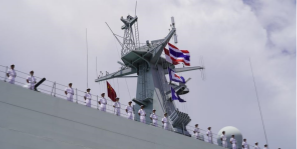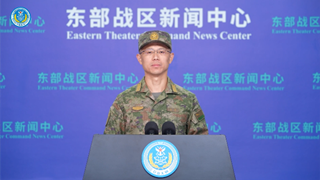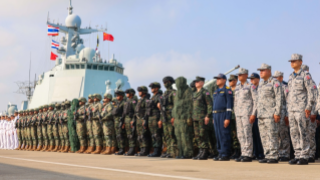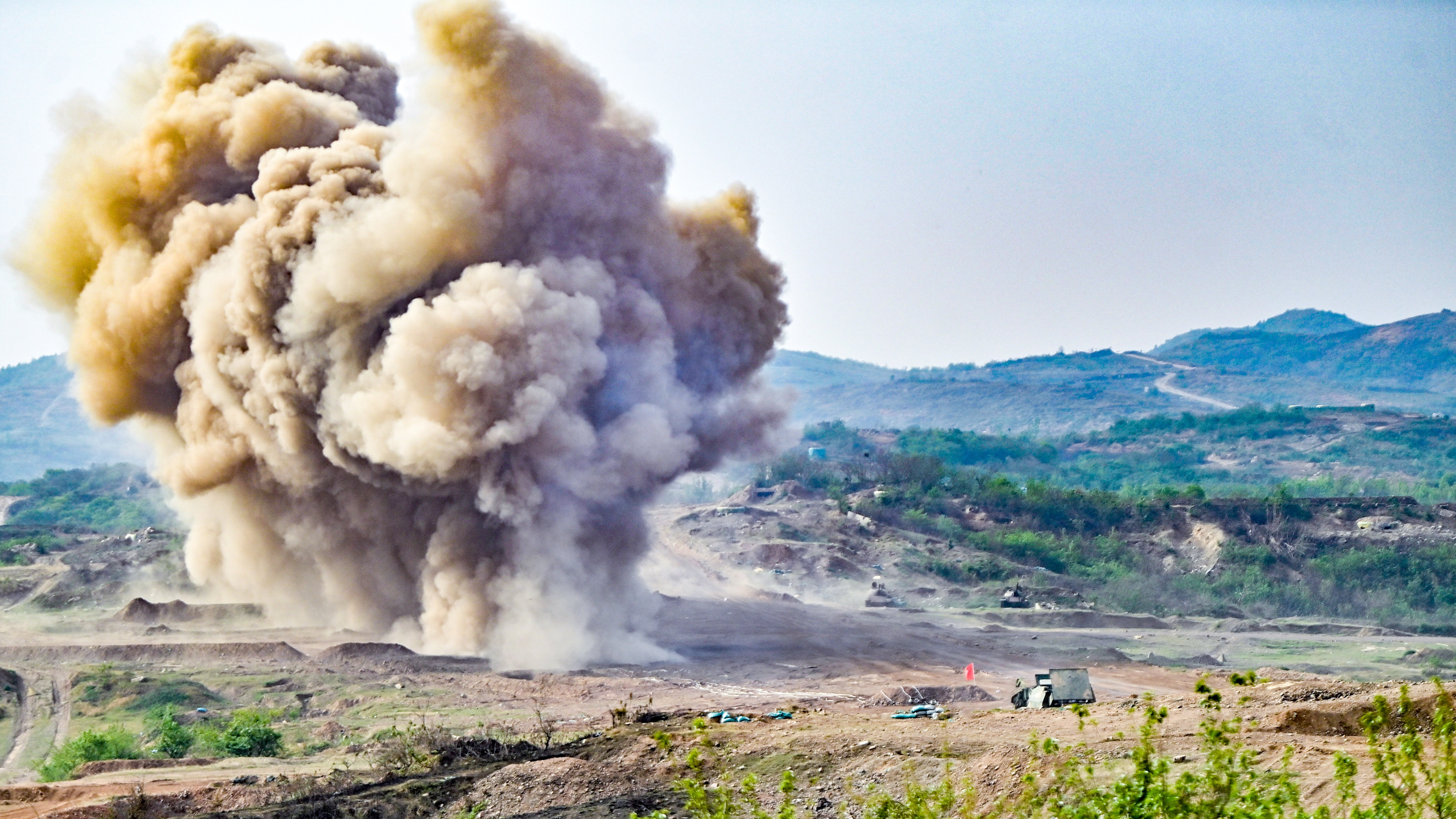By Li Jiawei
On April 12, high-level talks between the US and Iran regarding Iran's nuclear program were held in Oman. This negotiation, often referred to by the international community as a "dialogue of the deaf," stems from mutual concerns over the escalating situation.
The Trump administration hoped that it could shift domestic tensions and project an image of diplomatic breakthroughs through negotiations. Since the US unilaterally withdrew from the Iran Nuclear Deal in 2018, Iran has faced multiple rounds of sanctions from the US and the West, which severely damaged its economic development. Some political factions within Iran favor improving international relations to ease domestic economic pressures.
However, the structural contradictions between the US and Iran suggest that this dialogue could devolve into a protracted battle. Relations between the two countries have long been strained. Recently, the US has increased its military and economic pressure on Iran. Observers believe that the US military's deployment of two aircraft carrier strike groups in the Middle East, along with the stationing of six B-2 bombers at the Diego Garcia base in the Indian Ocean, directly threatens Iran's nuclear facilities.
In response to these threats, Iran's military has shown a tough stance. Recently, Iran unveiled a new underground "missile city," equipped with an automated rail transport system that can prepare missiles for launch in just 15 minutes. The missile stockpile, which includes the Emad, Kheibar-Shekan, Paveh and other types, has a range that covers almost all of Israel and US military bases in the Middle East. Major General Hossein Salami, Commander-in-Chief of Iran's Islamic Revolution Guard Corps (IRGC), stated that Iran is ready for any war.
The US hopes to use military deterrence as leverage to force Iran to make concessions on nuclear facilities, ballistic missiles, and its influence in the Axis of Resistance. The US has even demanded the complete dismantling of Iran's nuclear facilities. In contrast, Iran has firmly announced that it will not accept negotiations under pressure, insisting that the lifting of sanctions be a prerequisite for any talks. For Iran, its deterrent capabilities, including ballistic missiles, are vital to counter external pressures and ensure self-defense. The control of the Strait of Hormuz and influence over Shiite armed groups in the region are also key bargaining chips for Iran at the negotiating table. Furthermore, Iran's distrust of the long-term sustainability of any agreement is heightened by the US's history of unilaterally withdrawing from deals.
The path of military threats and maximum pressure offers no resolution. Genuine political will and engagement in dialogue and negotiation are the proper course. However, the demand of the US for denuclearization directly contradicts Iran's insistence on sovereignty. As a result, this round of talks is more likely to serve as a platform for conflict management rather than problem resolution. If the talks break down, the situation in the Middle East could become even tenser.
(The author is from Renmin University of China.)













